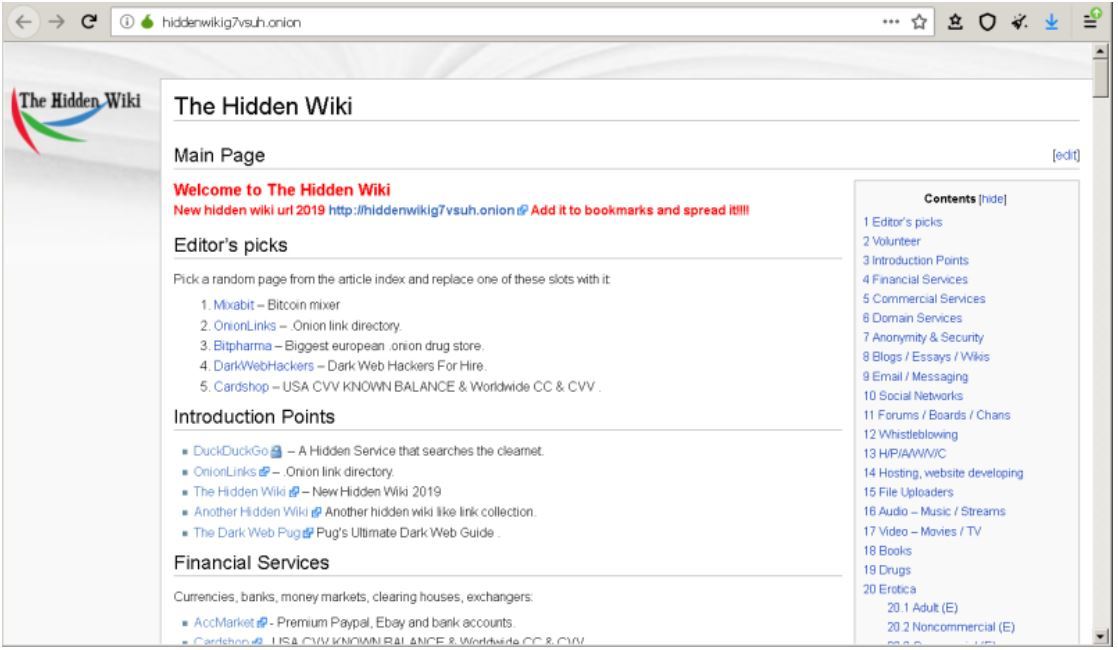Hidden Treasures: Disclosing the Mysteries of Underground Commerce
A dark web has long fascinated the curiosity of a multitude, often depicted as a shadowy underworld filled with illegal activities and secret truths. Within this unindexed part of the internet lies an engaging marketplace that functions outside the reach of traditional law enforcement, where everything from everyday goods to severely prohibited services can be discovered behind a curtain of anonymity. As interest in dark web commerce grows, so does the interest about the mechanisms that drive these markets and the effects they have on the world.
Exploring the world of darknet markets reveals a complex ecosystem driven by a myriad of elements, including the quest for privacy, the yearning for non-conventional goods, and the temptation of breaking social taboos. While a great number are attracted to these markets for nefarious purposes, some seek out the unique products and services that traditional online shopping cannot offer. Understanding the dynamics of darkweb markets is crucial not only for comprehending the darker aspects of digital commerce but also for recognizing the evolving environment of digital commerce in the 21st century. spintax ### Understanding the Underbelly of the Internet
The dark web represents a hidden part of the internet that is not indexed by standard search engines. It functions on layered networks that require particular software, settings, or permissions to get to. The most frequent way to explore the dark web is through Tor, which anonymizes user activity by sending internet traffic through a network of volunteer-operated servers. This extent of secrecy attracts a varied range of users, from those seeking confidentiality to individuals involved in illicit activities.
Underground markets are a major component of the dark web, functioning as online platforms where goods and services, often prohibited, are bought and exchanged. These markets offer a variety of commodities, including controlled substances, forged products, and computing services. The transactions on these platforms typically employ cryptocurrencies to boost anonymity, making it hard for authorities to trace the customers and merchants involved. This context fosters a unique economy that functions outside standard regulations.
Comprehending the driving forces behind the use of dark web markets is important. While many users are attracted to the potential of discretion and the power to escape censorship, others may be driven by curiosity or the desire to participate in hazardous behavior. The allure of anonymous commerce can create a complex web of interactions that exist far from the oversight of law enforcement and community expectations, making it a captivating yet alarming area of study.
The Economy of the Dark Web
The darknet is an elaborate economy that operates mainly beyond traditional financial systems. This secretive market thrives on anonymity and is driven by multiple demand and supply dynamics. darknet markets url Digital currencies, especially Bitcoin, serve as the main medium of exchange, providing the essential confidentiality for transactions. This system attracts buyers and sellers who seek to bypass regulatory oversight and engage in activities often deemed illegal in the traditional marketplace.

Within this secret economy, a wide range of goods and services can be found, from illicit drugs and counterfeit goods to cyber services and stolen data. The operation of darkweb markets involves a complex approach to ensure safety and secrecy for all involved parties. Vendors often use third-party services to protect transactions from fraud, while buyers rely on reviews and ratings to gauge the credibility of sellers. This system creates a unique environment where trust is built through digital reputation rather than conventional means.
The economic landscape of the darknet has significant implications for global commerce and law enforcement. Authorities find it challenging to regulate these markets due to their dispersed nature and the sophisticated methods employed by users to obscure their identities. As darkweb markets continue to evolve, they raise ongoing questions about the future of digital trade, the balance between privacy and security, and the persistent challenge of controlling illicit activities online.
Hazards and Principles of Hidden Web Exchanges
Engaging in deals on the underground brings significant concerns for users. One of the key issues is the likelihood for scams and fraud. Many sites have little regulation, resulting in situations where buyers may be at risk of losing their capital without receiving the promised goods or assistance. Additionally, the secrecy of the hidden web can encourage bad actors to manipulate individuals, therefore making it important for individuals to proceed with vigilance and carry out thorough investigation before conducting any purchases.
Aside from monetary threats, there are law-related consequences associated with hidden web trade. Many items and offerings sold on these platforms are illegal, including everything from narcotics to hacked data. Purchasing or even browsing certain items can put individuals to law enforcement investigation or possible penal charges. It is important for people to comprehend the legislation in their region and to be mindful of the consequences of participating with hidden web sites.
From an ethical standpoint, the hidden web presents a challenging landscape. While some believe it offers a venue for political discourse and entry to information in repressive regimes, the pervasive presence of illegal activities challenges its image. Deals that facilitate harm, be it through narcotic distribution or the sharing of illicit goods, question the moral compass of individuals. Moving through this ethical terrain demands a profound consideration on the effects of one's actions and their wider impact on the public.